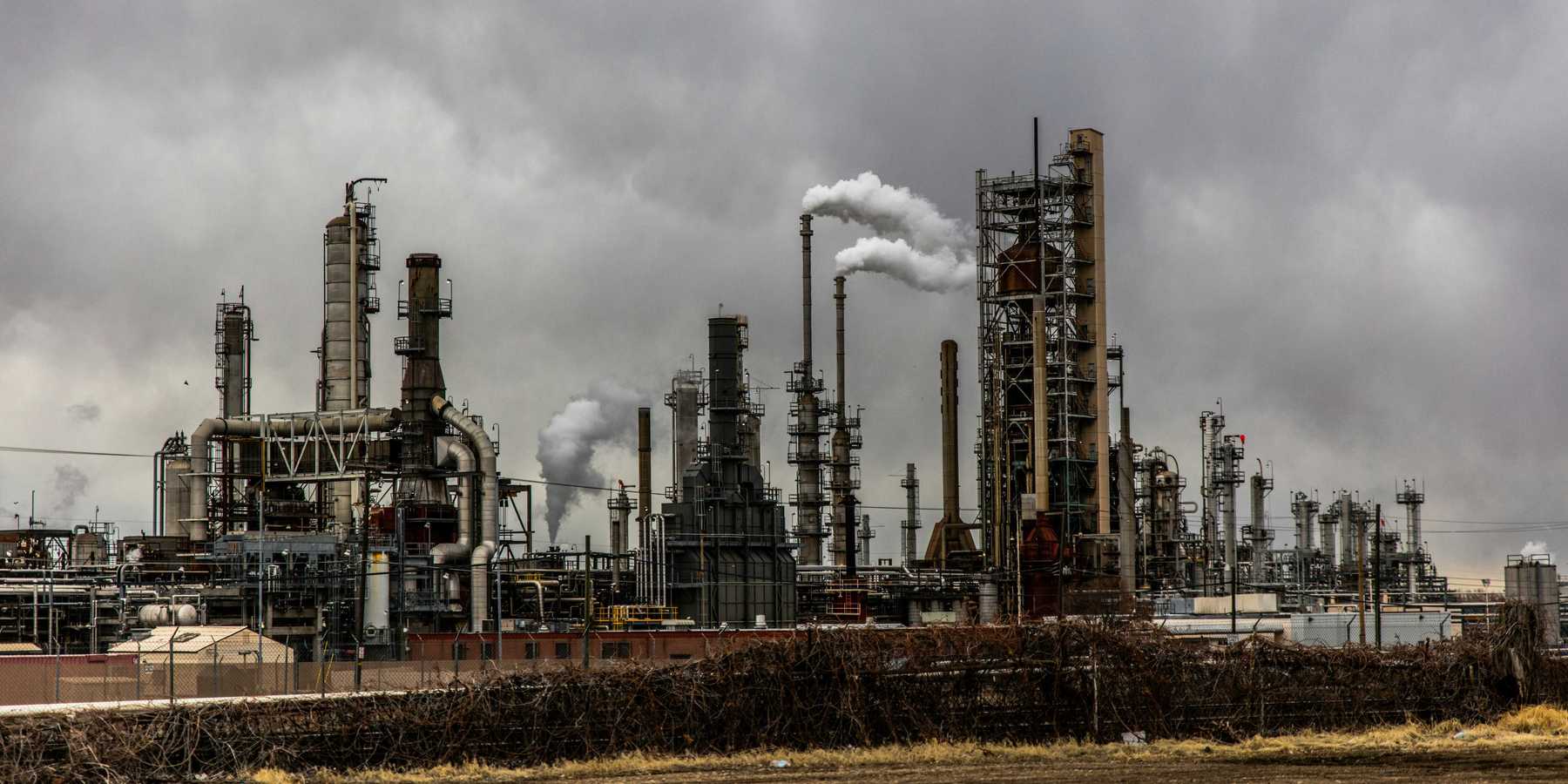Wildfires affect soil and release more carbon and toxics, study finds
A recent study reveals wildfires alter soil composition, leading to increased carbon dioxide and toxic release.
Sharon Udasin reports for The Hill.
In short:
- The study highlights how black carbon from wildfires does not sequester carbon dioxide as effectively as hoped, speeding up its conversion back to CO2.
- Research shows wildfires double the soil levels of harmful polycyclic aromatic hydrocarbons, obstructing plant regrowth.
- Findings suggest wildfires convert metals into toxic forms, contaminating water supplies and hindering ecological recovery.
Key quote:
"Carbon that’s gone through forest fires and becomes black carbon can actually turn more readily into carbon dioxide by microbes than previously thought."
— Scott Fendorf, professor, Stanford University’s Doerr School of Sustainability
Why this matters:
When wildfires rage through an area, the intense heat incinerates vegetation and organic matter that are crucial for healthy soil. This loss not only depletes the soil of nutrients but also reduces its ability to store carbon, leading to increased levels of carbon dioxide—a greenhouse gas that contributes to global warming—released back into the atmosphere. In addition, the structure of the soil changes, becoming more compact and less able to absorb water. This leads to greater runoff during rainfalls and can also cause harmful substances like heavy metals to be more easily washed into rivers and streams, affecting water quality and aquatic life.













